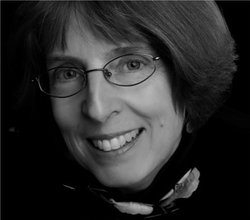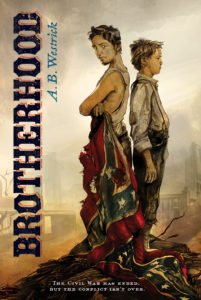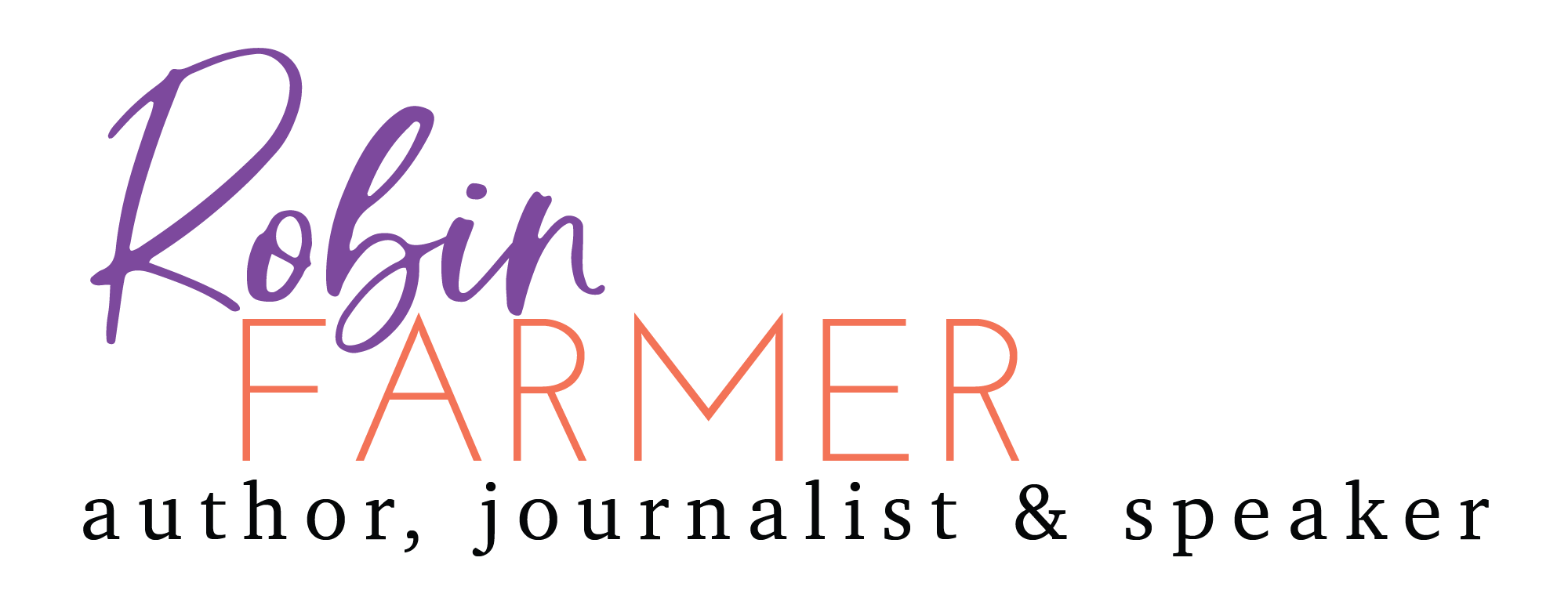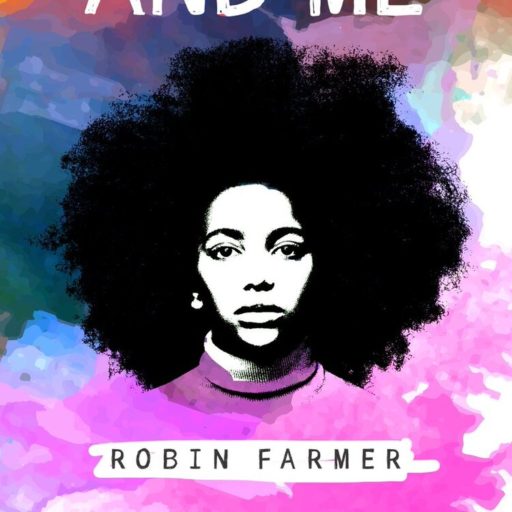![]()
 What do ROOTS, BLACK BEAUTY, THE SECRET LIFE OF BEES, A RIVER RUNS THROUGH IT, WATERSHIP DOWN and BROTHERHOOD have in common? The authors were older than 50 when their debut novels were published. So seasoned writers, raise those flagging spirits, lift those graying heads and shout along with me and author Anne Westrick, “Honey, we are just getting started!”
What do ROOTS, BLACK BEAUTY, THE SECRET LIFE OF BEES, A RIVER RUNS THROUGH IT, WATERSHIP DOWN and BROTHERHOOD have in common? The authors were older than 50 when their debut novels were published. So seasoned writers, raise those flagging spirits, lift those graying heads and shout along with me and author Anne Westrick, “Honey, we are just getting started!”
By now we know that goals are dreams with deadlines, right? And that pithy truism is a wonderful segue to Westrick, author of the critically acclaimed BROTHERHOOD, which debuted when she was 50+.
Westrick’s awards and lovely reader feedback could not happen to a more gifted wordsmith and positive lady. Just thinking about Anne brings a warm smile to my face. Knowing her story as a late blooming writer gives this aspiring debut author, who is, cough, well north of 50, not only hope, but a winning template. We are never too old to aim for greatness with words. Read on to see how she can inspire you to persevere.
When did you first start thinking about becoming a writer? Probably when I was about ten years old. Then I abandoned the idea. It was hard for me to accept comments/criticism (even when critiques were constructive), and I lost confidence in my ability to write. I didn’t understand the process, and wasn’t ready for it, so as much as I loved to write (I continued to journal and send lots of long, handwritten letters to family and friends), I stopped writing stories for about 30 years.
At age 50, you enrolled in an MFA program. Why? At the point when I was turning 50, for about a decade I’d been taking creative writing classes, exchanging my stories with critique group friends, improving my craft, and collecting rejections from agents and editors. I’d progressed from receiving form letters (the kind where agents put check marks in little boxes next to sentences like “I could not establish an emotional connection with your main character”) to rejections with personal notes of encouragement — but rejections nonetheless. I decided that I needed to push myself to the next level, and thought an MFA program would help me do that. I researched lots of programs and applied to only one — the one I thought was the right fit for me and the types of stories I wanted to write. I was accepted, and it turned out to be a great fit. My research paid off. (No two MFA programs are alike!)
How long did it take to write the award-winning BROTHERHOOD? It took approximately two years — not full time for those two years, but off and on. During two of the four semesters in the MFA program, I drafted and revised a lot of the story that became BROTHERHOOD. When I finished the MFA, I spent a few months polishing it — tightening the prose and shortening the manuscript before sending it out to agents and finally getting a “yes” from one.
How has life changed? I used to have a part time office job (administrator for a nonprofit), and I stepped down from that position in order to write full time. When I’m not writing, I’m speaking in schools and at conferences for librarians and educators. I love what I’m doing!
Describe your typical writing routine. I try to write fiction daily — six days a week from approximately 7:00 AM to 2:00 PM (eating breakfast and lunch at my desk). Then I answer emails and attend to the business side of writing for a couple of hours. When I’m scheduled to go to a school or conference, the writing doesn’t happen on that particular day, and as much as I enjoy speaking, I miss it. I feel its absence and look forward to getting back to my desk.
 How do you relate to an audience that is a generation or two younger? I love writing for young readers. I have four kids of my own, and I really enjoy spending time with them, and with young people in general. I enjoy their energy, their sometimes irreverent view of the status quo, and the way they question authority. I don’t try to write what I think kids want to read, but instead write about issues that interest me, then put them in settings with young characters. I remember asking big questions when I was a kid, and in some cases, I’m still asking those same questions! I like to wrestle with issues, and I think kids do, too. Sometimes I feel like a kid on the inside , like I haven’t quite grown up.
How do you relate to an audience that is a generation or two younger? I love writing for young readers. I have four kids of my own, and I really enjoy spending time with them, and with young people in general. I enjoy their energy, their sometimes irreverent view of the status quo, and the way they question authority. I don’t try to write what I think kids want to read, but instead write about issues that interest me, then put them in settings with young characters. I remember asking big questions when I was a kid, and in some cases, I’m still asking those same questions! I like to wrestle with issues, and I think kids do, too. Sometimes I feel like a kid on the inside , like I haven’t quite grown up.
What advantages do you think an author published “later in life” possesses? When I was younger, I didn’t appreciate the extent to which writing is a process. Well-written stories never fall into place on the first draft (or even the second or third), but evolve. They require time, and demand patience and perseverance… and maturity. Rejection is a necessary part of the process, and the process is messy, but I didn’t understand any of that until I was older. I just thought writing was hard and I couldn’t do it well and wouldn’t succeed at it. Now I understand that — yes — it is hard, but I can succeed. If you start writing later in life, chances are that you’ll have developed a tough skin, and that’s a good thing for a writer to have.
What advice do you have for writers whose goal is to publish their first book after 50? When I hit 50, I started saying, “Hey, I’ve made it through half a century. Got half a century to go!” According to this article at Book Riot, http://bookriot.com/2014/09/10/8-authors-success-after-age-50/ , Laura Ingalls Wilder was 65 when she published her first book, LITTLE HOUSE IN THE BIG WOODS. Richard Adams was 52 when he published his first, WATERSHIP DOWN. Don’t think you can’t do it because you’re over 50. You can! Seek out feedback , listen hard to the constructive criticism that you get, and push yourself to improve your craft. Be fearless in cutting words, sentences, paragraphs, scenes and chapters that aren’t working. Commit yourself to the process (sit down and write on a regular basis) and you’ll succeed.
What’s next for you? I was invited to contribute a short story for a Richmond-based anthology for young readers, and I’ve just finished a first draft of that story. Meanwhile, I’m on the bazillionth draft of a new young adult novel. This one is set at a summer music camp and involves a student who isn’t prepared for the diversity he’s encountering in the student body. I’m passionate about telling this story, but it’s hard to write!


Thanks for doing this e-interview, Robin! We might be, cough, well north of 50, but hey — the word “debut” has a real nice ring to it, don’tcha think?
Yes, “debut” sounds so fresh, exciting and energetic. These descriptions have no age limit, which you and other authors have shown. Thanks for the insightful Q&A!
And another thought… (a writer is never finished editing what she’s written)… Maybe we should all stop using the word “retirement” and instead call our middle-life years our time of reinventing ourselves. Renewal and Reinvention are better “R” words than Retirement!
Love this! God willing, if I live to be 94, like my grandmother, I have several decades left to reinvent myself. Many boomers will live long lives so we might as well have fun and be creative! I plan to rock out, just not in a chair.
Thank you for this wonderful article, Robin! And thank you for turning me on to a new book I need to buy…. And soon, I, too hope to join the ranks of authors who published their debut novels after fifty, right along with you!
Hi Michele!
Yes, another book to add to the must-read list. And I can’t wait until we are published.